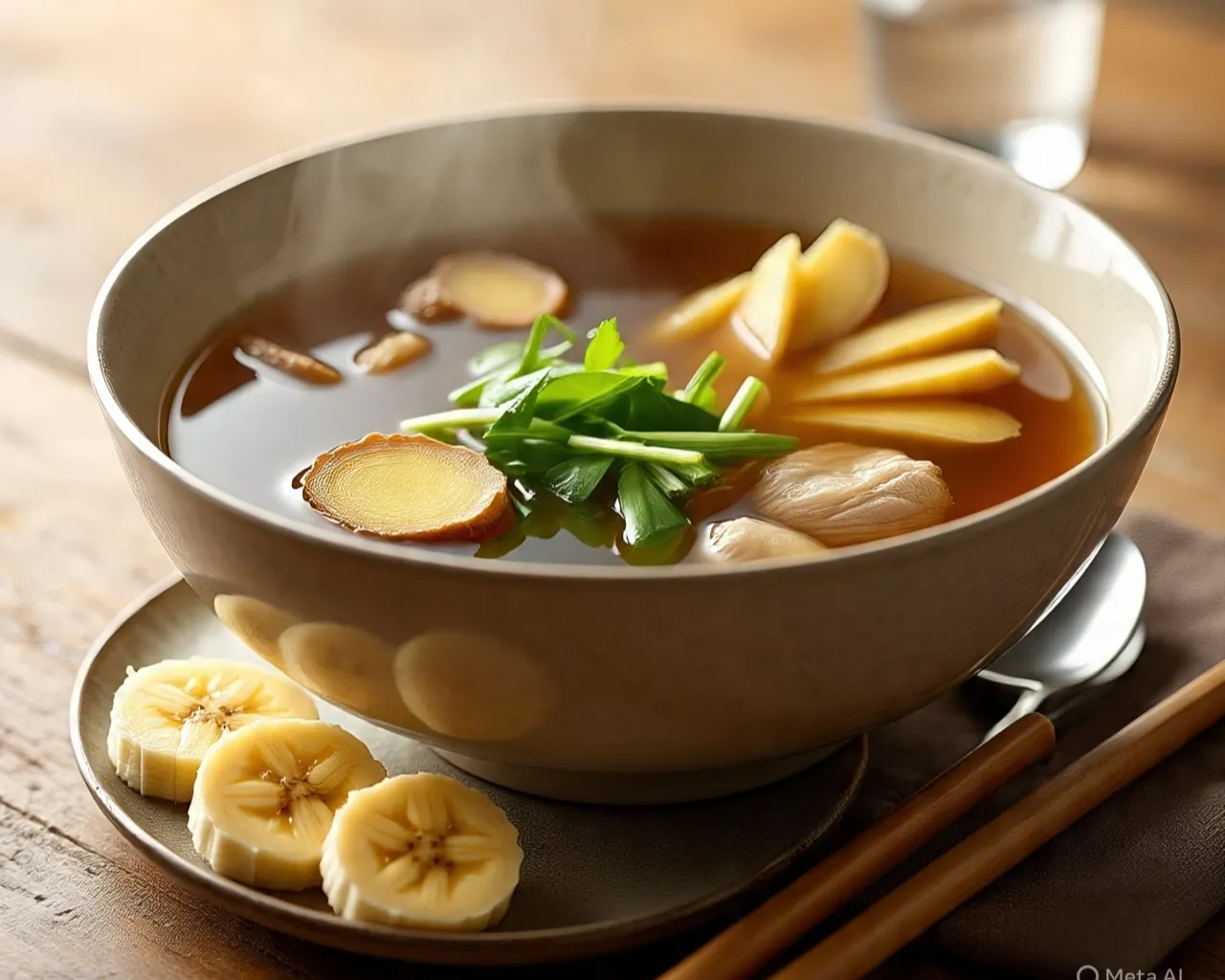How to Recover After Food Poisoning- Essential Guide
A complete recovery plan to bounce back safely and swiftly after food poisoning—hydration, diet, medications, and more.

Fri Jun 27 - Written by: Rameesh
What Is Food Poisoning?
Food poisoning is a digestive illness caused by eating contaminated food or drinks. According to the CDC, approximately 1 in 6 Americans get sick from foodborne illnesses annually, with 128,000 hospitalizations and 3,000 deaths.
Common Causes
- Bacteria: Salmonella (poultry, eggs), E. coli (undercooked beef), Listeria (deli meats), Campylobacter (raw chicken)
- Viruses: Norovirus (leading cause), Hepatitis A
- Parasites: Giardia, Toxoplasma gondii
Contamination occurs through poor hygiene, improper cooking, cross-contamination, unsafe storage, or dirty water sources.
Symptoms and Timeline
Common symptoms:
- Nausea and vomiting
- Diarrhea
- Stomach cramps
- Fever and chills
- Fatigue
When symptoms start:
| Pathogen | Incubation Period |
|---|---|
| Norovirus | 12–48 hours |
| Salmonella | 6–72 hours |
| E. coli | 1–10 days |
| Listeria | 1–4 weeks |
Immediate Action Steps
Note: Do NOT induce vomiting unless directed by medical professionals.
Seek emergency care if you have:
- Severe dehydration (no urination 8+ hours)
- Persistent vomiting (can’t keep fluids down for 24+ hours)
- High fever (above 102°F / 38.9°C)
- Blood in stool or vomit
- Neurological symptoms (confusion, blurry vision, muscle weakness)
Start with:
- Resting as much as possible
- Drinking small sips of water or electrolyte solutions
- Avoiding solid food until symptoms subside
- Monitoring temperature and symptoms
Home Recovery Strategy
1. Rehydrate Effectively
Best options:
- Water (small, frequent sips)
- Oral rehydration solutions (ORS)
- Coconut water
- Clear broths
- Low-sugar electrolyte drinks
Avoid: sugary sodas, high-glucose sports drinks.
2. BRAT Diet Recovery
Begin with bland foods:
- Bananas
- Rice
- Applesauce
- Toast
Gradually add: boiled potatoes, crackers, oatmeal, steamed carrots, scrambled eggs
Avoid: dairy (except plain yogurt), fatty/spicy foods, alcohol, caffeine, raw vegetables
3. Rest and Recovery
Physical rest helps cellular repair and immune response. Stay home at least 24 hours after symptoms end to avoid spreading illness.
4. Rebuild Gut Health
Support beneficial bacteria with:
- Plain Greek yogurt, kefir, sauerkraut, kimchi
- Probiotic supplements (Lactobacillus & Bifidobacterium)
Studies show probiotics may reduce diarrhea duration by 25 hours.
5. Monitor Warning Signs
Contact a doctor if you notice:
- Diarrhea lasting over 3–4 days
- Recurring vomiting
- Fever above 101°F
- Blood in stool
- Dehydration symptoms
Medication Guidelines
Anti-Diarrheal Drugs
Use with caution—can slow toxin removal. Only if advised by a doctor.
Pain/Fever Relief
- Safe: Acetaminophen
- Use cautiously: Ibuprofen
- Avoid: Aspirin
Anti-Nausea
- Prescription: Zofran, Phenergan
- Natural: Ginger tea, peppermint oil, acupressure wristbands
Antibiotics
Only under medical advice and confirmed bacterial cause. Viral cases don’t require antibiotics.
Helpful Supplements
- Probiotics – Gut flora support
- Zinc – May reduce duration of diarrhea
- Vitamin C – Immune defense
- Glutamine – Intestinal repair
Recovery Timeline
Most mild cases resolve in 3–7 days with hydration, rest, and diet. Gut health restoration may take 1–2 weeks.
Final Note
Your body’s natural healing process—when supported by proper care—is your greatest ally. When in doubt, always consult a healthcare provider.